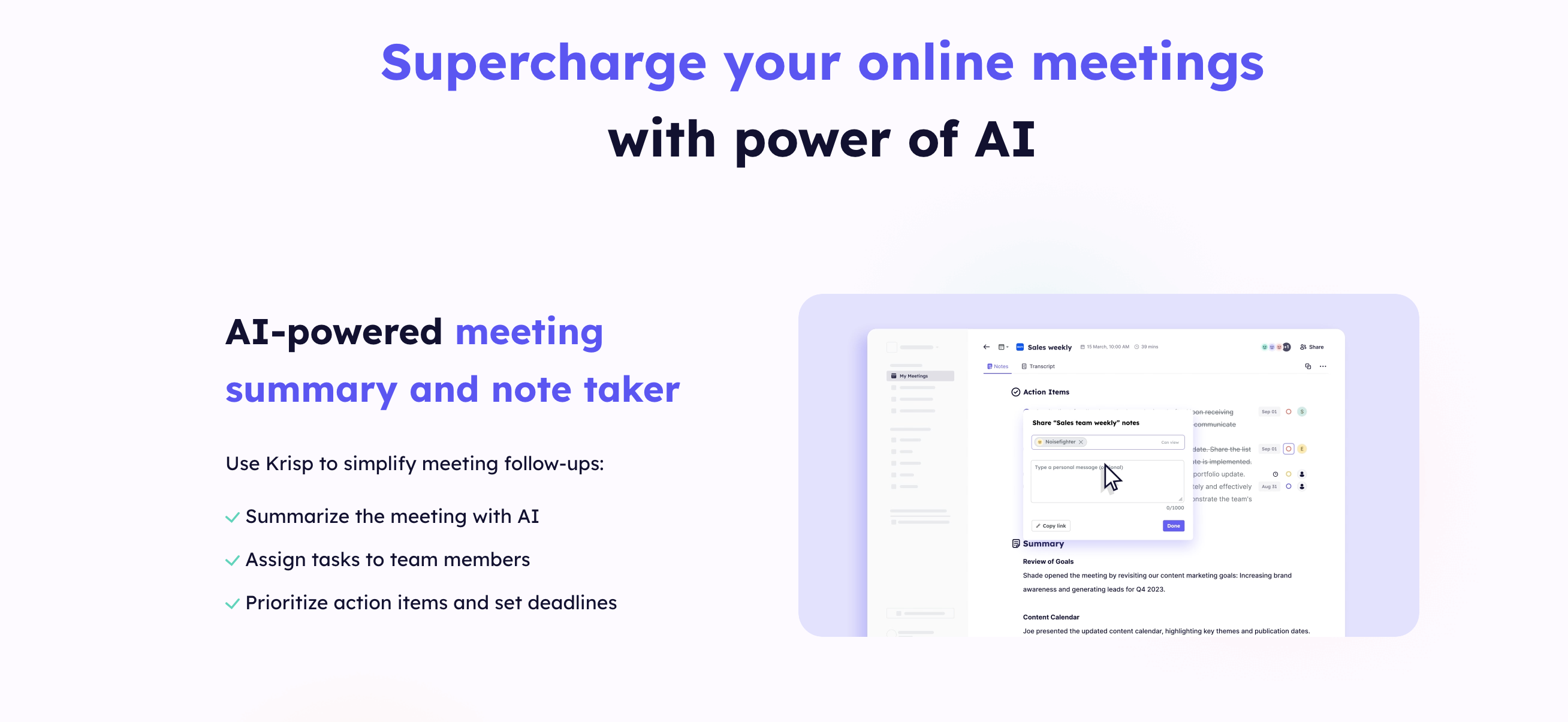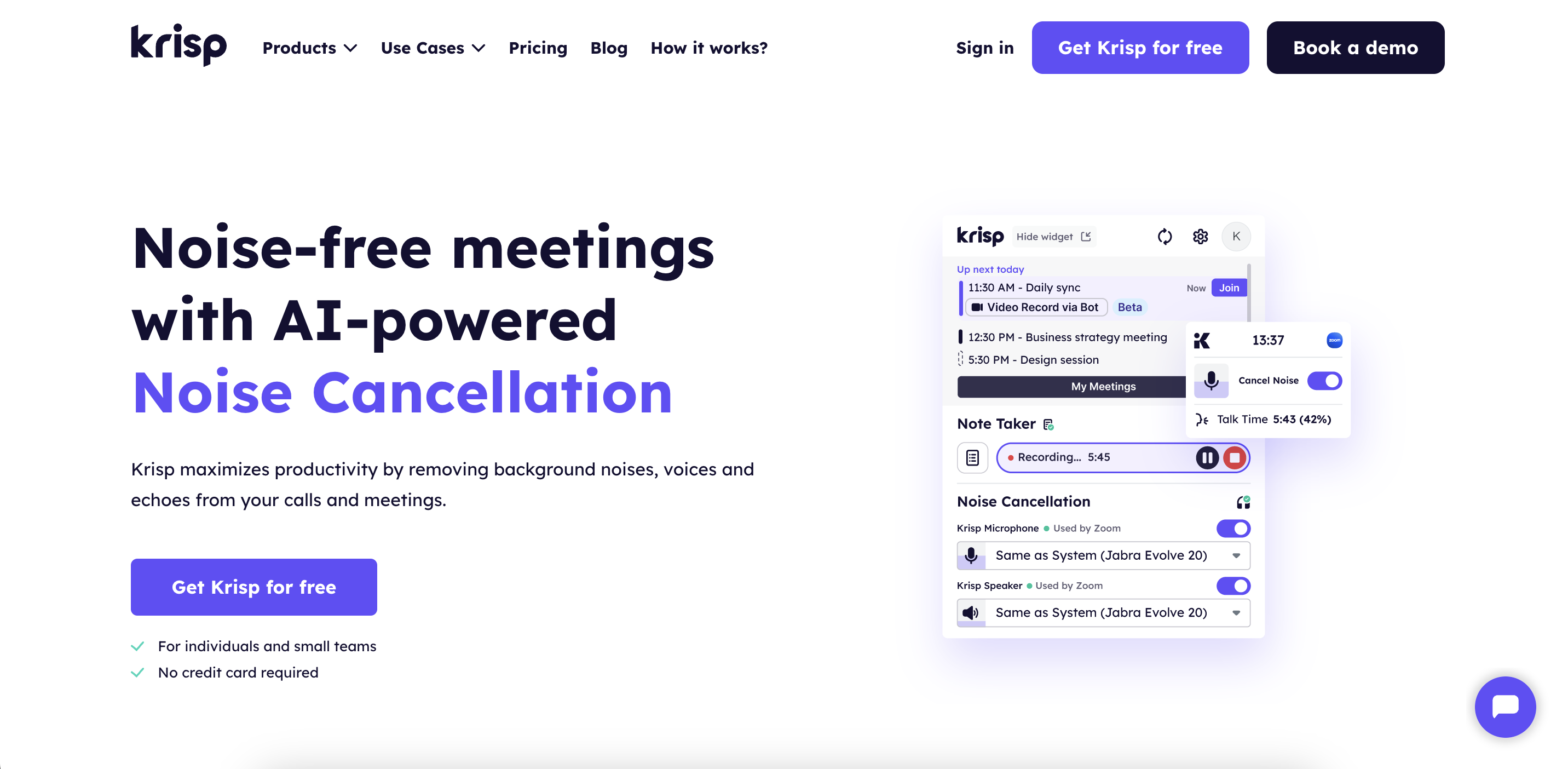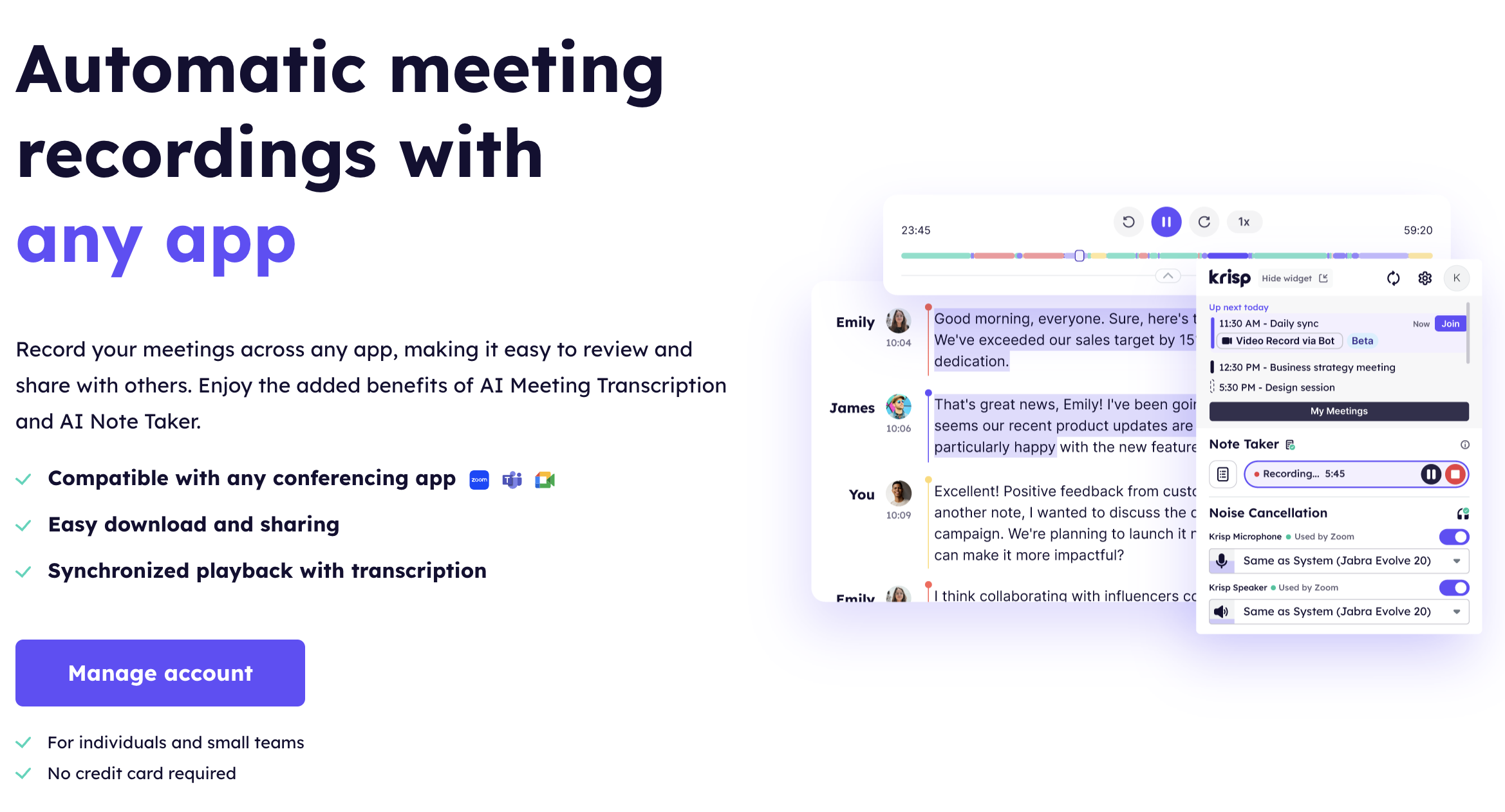Taking the initiative to seek a promotion can be a defining moment in your career. It’s a chance to demonstrate your growth, showcase your contributions, and advocate for your professional development. However, approaching this conversation requires careful preparation and a thoughtful strategy to ensure you make a positive impact and leave your manager confident in your readiness for the next level.
Why Ask for a Promotion?
Asking for a promotion goes beyond a desire for a higher salary or a new title; it’s a way to acknowledge your accomplishments, seek new challenges, and further your career goals. By requesting a promotion, you’re signaling your ambition and commitment to adding value to the organization and taking on responsibilities that align with the company’s growth.
In this guide, we’ll provide seven essential tips for effectively asking for a promotion and positioning yourself for success.
1. Build a Strong Foundation of Accomplishments
Before requesting a promotion, ensure you’ve built a solid foundation of accomplishments highlighting your capabilities and dedication.
- Document your achievements: Maintain a record of key contributions, using specific metrics (e.g., revenue growth, cost savings, or improved customer satisfaction) to make a data-driven case.
- Take on additional responsibilities: Consistently go above and beyond your role by volunteering for challenging projects. This demonstrates your readiness for more responsibility and shows initiative.
Building a strong performance history makes it easier for your manager to recognize the value you bring and consider you for a higher role.
2. Choose the Right Time to Ask
Timing is crucial when you’re preparing to ask for a promotion. Pay attention to your company’s promotion cycles, performance reviews, or times of the year when your manager might be evaluating team growth.
- Plan around performance reviews: If your organization conducts regular reviews, consider presenting your case during these discussions. Managers are often more open to conversations about career progression at these times.
- Consider company performance: If your company is experiencing growth or launching new projects, it could be an opportune moment to discuss how your skills can contribute at a higher level.
- Consistent Tenure and Experience: If you’ve been in your role for a significant time and have consistently taken on more responsibility, it could be a sign that you’re ready.
- Work Exceeds Current Role: If your responsibilities and contributions exceed your current title or compensation, this is a great basis for a promotion discussion.
- Impact on the Business: Have you driven tangible results for the company? Highlight your measurable impact, such as increasing revenue, improving efficiency, or enhancing client satisfaction.
- Expanded Skills and Leadership: Demonstrating growth in skills or leadership potential, whether through certifications, training, or project management, shows your commitment to advancing within the organization.
Choosing the right timing shows that you’re considerate of your company’s circumstances and your manager’s priorities, making your request more likely to receive a positive response.
3. Present a Strong and Structured Case for Advancement
Setting up a successful conversation about a promotion means planning. Instead of catching your manager off guard, give them a heads-up and prepare thoughtfully with the following:
- A clear agenda outlining your objectives
- A concise summary of your accomplishments and reasons for seeking a promotion
- Key points to guide the discussion and keep it on track
For a few days leading up to your meeting, use Krisp’s AI Meeting Note Taker to summarize and take notes on your regular meetings automatically. This will help you easily pull examples of recent achievements and contributions, giving you a well-organized reference for your conversation. Showing that you’re prepared with organized details makes a strong impression and reinforces your readiness for a new role.
4. Express a Clear Vision of Your Goals
When asking for a promotion, showing your vision and long-term goals can help your manager understand how this promotion fits into your career path and how you see yourself contributing to the company’s future.
- Share your career aspirations: Explain how the promotion aligns with your career ambitions and how you intend to grow in the role. This shows you’re committed to the organization and building your future there.
- Illustrate the benefits to the company: Link your personal goals to the company’s objectives. For example, if your goal is to lead a team, emphasize how that can improve team performance and deliver more efficient results.
By sharing your vision, you show that you’re not just seeking a higher title or salary, but that you’re genuinely invested in making a long-term impact within the company.
5. Be Ready to Discuss Your Development Plan
If your manager has concerns about your readiness for a promotion, be prepared to discuss a development plan to address any skill gaps or experience you need to gain.
- Propose specific training or development goals: Show your commitment to continuous learning by suggesting courses, certifications, or on-the-job experiences you’re willing to undertake to prepare for the next role.
- Seek constructive feedback: Ask your manager for feedback on areas where you can improve. This not only shows humility but also demonstrates that you value their guidance and are willing to put in the work to meet the role’s expectations.
Presenting a development plan shows that you’re proactive and willing to invest in yourself to ensure your success in a higher position.
6. Demonstrate Leadership Qualities
Promotion often means more leadership responsibility, so it’s essential to showcase the qualities that make you a good fit for a leadership role.
- Take initiative: Show your manager that you can work independently and take ownership of your projects by volunteering for tasks that require decision-making, problem-solving, and strategic thinking.
- Support your colleagues: Promote a collaborative environment by offering help to teammates when needed. Great leaders know how to support and empower others, demonstrating that you can contribute to a positive team dynamic.
- Use tools for effective communication: Krisp’s AI noise cancellation feature removes background sounds, helping you conduct virtual meetings professionally. Using this and Krisp’s meeting summary function to follow up on team discussions shows you’re organized, focused, and ready for leadership.
By consistently displaying leadership qualities, you demonstrate that you’re ready to handle the additional responsibilities of a promotion.
7. Approach the Conversation Confidently and Professionally
When it’s time to ask for the promotion, approach the conversation confidently and professionally. Show that you’re serious about this career step, but remain open to your manager’s feedback and insights.
- Prepare a confident and respectful pitch: Express your interest in the promotion directly, emphasizing your readiness to contribute even more to the organization. Avoid sounding entitled; instead, focus on your value and commitment to the company.
- Listen and remain open-minded: After presenting your case, listen attentively to your manager’s response. If they have reservations, thank them for their honesty and ask what steps you can take to achieve a promotion in the future.
A professional and confident approach shows that you take the conversation seriously and are willing to work with your manager to achieve your career goals.
Bonus Tips for Success in Requesting a Promotion
After your promotion conversation, the follow-up is just as important. These steps will help you stay on track, maintain a good impression, and reinforce your commitment to growth.
1. Follow Up Post-Meeting
Send a concise follow-up email to thank your manager and confirm key points discussed.
- Thank Them: Show appreciation for their time and insights.
- Recap Key Points: Briefly summarize any feedback, timelines, or agreed actions. This shows your professionalism and ensures alignment.
- Express Enthusiasm: Reinforce your excitement to contribute to the team and follow through on your goals.
Example:
Hi [Manager’s Name],
Thank you for discussing my career path. I appreciate your insights and support.
To confirm, here are the main points we covered:
- [Summarize any key feedback or action steps].
I look forward to making these improvements and continuing to support our team.
Best,
[Your Name]
2. Schedule Regular Check-Ins
Even without immediate promotion, regular check-ins show your dedication.
- Plan Follow-Ups: Meet every few months to discuss your progress on goals or skills you’re developing.
- Reiterate Your Goals: Use these touchpoints to discuss your career aspirations and get updated feedback.
- Share Progress: Briefly highlight any new skills or responsibilities taken on since your last check-in.
These ongoing conversations keep your goals visible and demonstrate your continuous commitment.
Mistakes to Avoid When Asking for a Promotion
Requesting a promotion can be a career milestone, but certain missteps may hurt your chances. Here are some key mistakes to avoid:
- Lack of Proven Achievements
Asking for a promotion without showcasing measurable contributions may fall flat. Managers want to see a track record of results that support your readiness for advancement. - Focusing Solely on Personal Benefits
If you only emphasize personal gains (like higher pay), you may be self-centered. Instead, highlight how your promotion would benefit the team and company. - Poor Timing
Timing matters. Avoid requesting a promotion during company setbacks or budget cuts. Consider aligning the request with performance reviews or after achieving significant success. - Being Unprepared
A lack of specifics can make you appear unprepared. Present clear examples of your achievements, added responsibilities, and goals to show professionalism and commitment. - Ignoring Feedback
A promotion request may seem premature if you haven’t addressed prior feedback. Show that you’ve worked on any areas for improvement to indicate growth and readiness. - Coming Across as Entitled
Confidence is good, but avoid sounding entitled. Rather than saying, “I deserve this,” focus on how your contributions make you a valuable asset. - Lack of a Backup Plan
If a promotion isn’t immediately possible, ask for feedback on areas to strengthen. This demonstrates a commitment to growth and adaptability.
How to perform well at work
Performing well at work is the foundation for confidently asking for a promotion. Excelling in your role not only boosts your chances of advancement but also sets a strong example for your team. By cultivating productive habits, being self-aware about your performance, and leveraging tools like Krisp’s AI Meeting Assistant, you can maximize your contributions to the workplace.
Key Habits to Perform Well at Work
- Set Clear Goals
- Break down your tasks into manageable objectives that align with team and company goals.
- Regularly review progress to ensure you’re on track.
- Communicate Effectively
- Proactively update your manager and teammates about your progress on key tasks.
- Use tools like Krisp’s AI noise cancellation to enhance the clarity of virtual meetings, ensuring you make a strong impression.
- Stay Organized and Proactive
- Maintain a to-do list or use productivity software to prioritize tasks effectively.
- Anticipate challenges and propose solutions before problems arise, showcasing initiative.
- Seek Feedback Regularly
- Schedule periodic check-ins with your manager to assess your performance.
- Use constructive criticism as a guide for improvement.
- Embrace Continuous Learning
- Stay updated on industry trends, take relevant courses, or pursue certifications.
- Apply new knowledge to enhance your contributions and skills.
Be Sure You’re Performing Well
Before asking for a promotion, ensure your performance consistently exceeds expectations. Evaluate yourself on these criteria:
- Quality of Work: Are your outputs accurate, timely, and aligned with company standards?
- Collaboration: Do you foster positive relationships with colleagues and actively contribute to team success?
- Leadership Potential: Are you demonstrating the ability to guide and support others, even without a formal leadership role?
- Measurable Impact: Have you achieved tangible results, like cost savings, increased efficiency, or revenue growth?
How Krisp Can Support Productive Work Habits
Krisp’s AI Meeting Assistant is a powerful tool designed to enhance productivity and foster better work habits. Here’s a deeper dive into how its features can support your professional success:
1. Noise Cancellation for Undivided Focus
Krisp’s Noise Cancellation feature filters out background sounds, ensuring crystal-clear audio for all participants.
- How it helps: Whether you’re in a cafe or working from home with children or pets, this feature eliminates distractions so you can concentrate fully on the meeting.
- Why it matters: Clear communication builds stronger collaboration and ensures your contributions are impactful, helping you leave a positive impression.
2. Meeting Recording for Stress-Free Participation
With Meeting Recording, Krisp automatically saves every conversation, so you don’t need to worry about missing important details.
- How it helps: Freed from the pressure of note-taking, you can focus entirely on active listening and engaging in meaningful discussions.
- Why it matters: A thorough archive of meetings allows you to revisit conversations for clarity or to address any overlooked points. It’s an essential tool for keeping up with fast-paced projects or lengthy discussions.
3. Real-Time Transcription for Instant Clarity
The Real-Time Transcription feature provides an accurate, live record of everything said during the meeting.
- How it helps: You can follow along with the discussion while referring to the live transcript for clarification, reducing the chances of miscommunication.
- Why it matters: This feature is invaluable for multitasking professionals who want to ensure no detail is missed. It’s also ideal for referencing quotes or decisions directly without relying solely on memory.
4. Automatic Summaries for Quick Insights
Krisp’s Summaries distill meeting conversations into key points, capturing decisions, main topics, and follow-up actions.
- How it helps: Instead of sifting through long transcripts or replaying recordings, you get a concise overview of what matters most.
- Why it matters: With quick access to the highlights, you can transition seamlessly between back-to-back meetings or use summaries to align team members who couldn’t attend.

Remember, a promotion request is about moving up and showing that you’re committed to growing with the organization and making a meaningful impact. Your initiative won’t go unnoticed even if the timing isn’t right immediately. Stay patient, continue delivering excellent work, and keep an open line of communication with your manager—this persistence and dedication can ultimately lead to the promotion you’ve been working toward.




